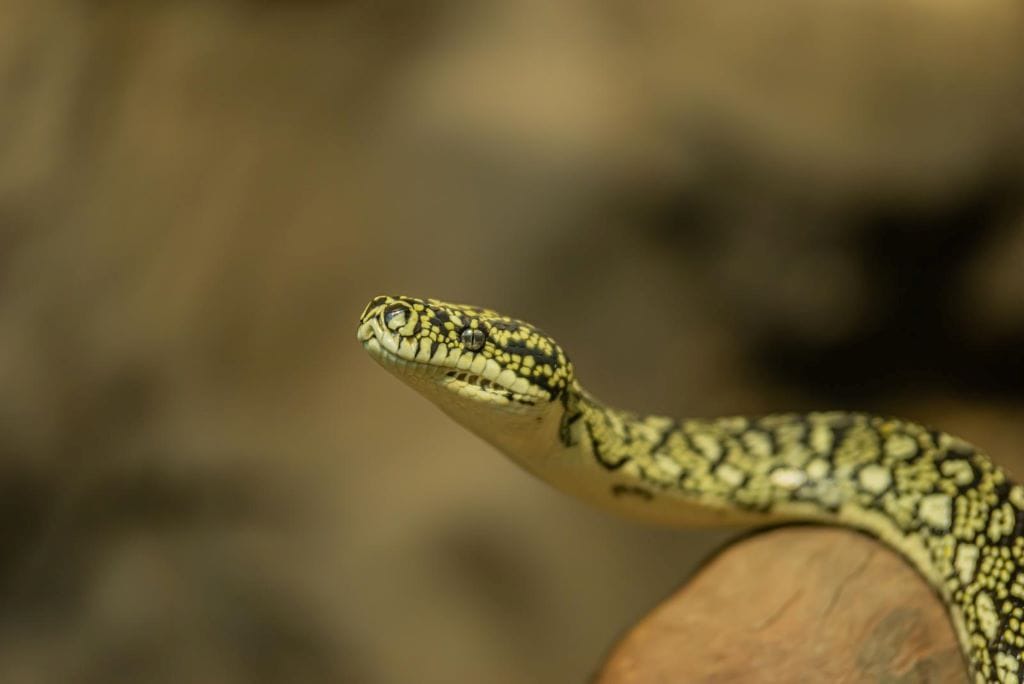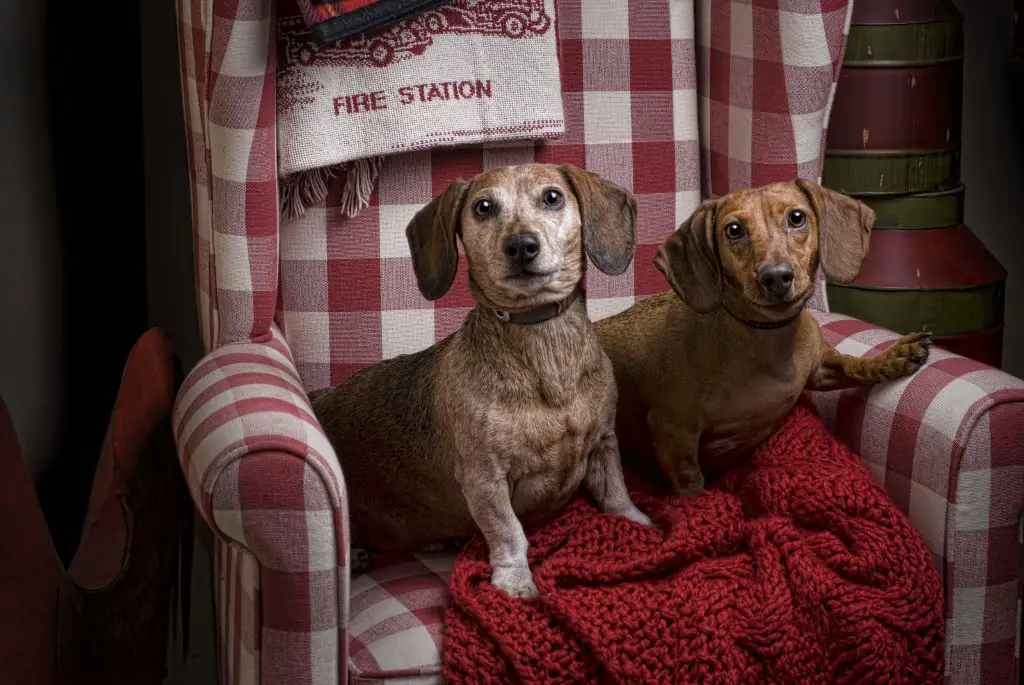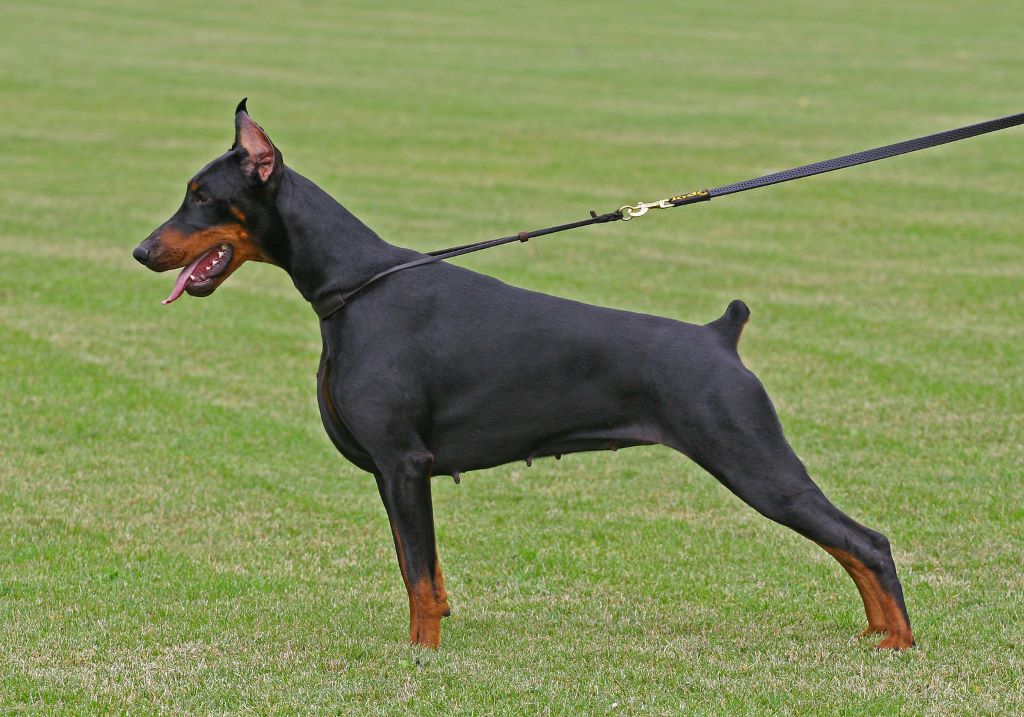Warning: Trying to access array offset on value of type bool in /home/u778996160/domains/dachshundtalk.com/public_html/wp-content/plugins/wp-word-count/public/class-wpwc-public.php on line 123
Warning: Trying to access array offset on value of type bool in /home/u778996160/domains/dachshundtalk.com/public_html/wp-content/plugins/wp-word-count/public/class-wpwc-public.php on line 123
Dachshunds, with their distinctive elongated bodies and playful personalities, are a beloved breed among dog enthusiasts. However, for those who suffer from allergies, the question often arises: Are Dachshunds hypoallergenic?
In this article, we delve into the world of Dachshunds, exploring their characteristics, hypoallergenic traits, and how they might interact with allergy sufferers. We’ll debunk common misconceptions about hypoallergenic breeds and provide practical tips for managing allergies if you share your home with a Dachshund.
Join us as we explore the fascinating world of Dachshunds and their compatibility with allergy sufferers.
Key Takeaways
- Dachshunds, like all dogs, produce allergens found in dander, saliva, and urine.
- No dog breed, including Dachshunds, is entirely hypoallergenic.
- Allergy sufferers can manage symptoms with regular grooming, a clean environment, and allergy medication.
- It’s advisable to spend time with a Dachshund before bringing one into your home to assess your allergies.
- Always consult with a healthcare provider for personalized advice on managing allergies with a Dachshund.
Delving into the World of Dachshunds
Dachshunds, affectionately known as “wiener dogs” due to their elongated bodies, are a breed steeped in history. Their roots trace back to Germany, where they were bred for their tenacity in hunting badgers and other burrow-dwelling animals. The name “Dachshund” itself translates to “badger dog,” a testament to their original role.
This breed is characterized by three distinct coat types: shorthaired, wirehaired, and longhaired. Each variety presents its unique charm, but all Dachshunds share a common trait – a bold and courageous spirit that belies their small size.
Dachshunds and Allergies: A Deeper Understanding
When discussing allergies in relation to dogs, it’s crucial to understand what triggers these allergic reactions. Contrary to popular belief, it’s not the dog’s hair itself that is the primary allergen. Instead, allergens are typically found in a dog’s dander (microscopic flecks of skin), saliva, and urine.
Like all dogs, Dachshunds produce these allergens. However, the degree to which these allergens affect individuals can vary widely. Several factors come into play here. For instance, the dog’s size can influence the amount of dander it produces – larger dogs have more skin and thus produce more dander.
The type of coat also matters. Dachshunds, particularly the longhaired and wirehaired varieties, have a dense undercoat that can trap dander. Regular grooming can help manage this issue, but it’s not a foolproof solution.
For more information on dog allergens and how they affect humans, you can visit this comprehensive guide by the American College of Allergy, Asthma, and Immunology.
Care and Maintenance of Dachshunds
Caring for a Dachshund, regardless of its coat type, doesn’t require an excessive amount of work. Shorthaired Dachshunds are the easiest to groom, needing only a weekly brushing to remove loose hair. Wirehaired and longhaired Dachshunds require a bit more grooming to prevent their hair from matting and tangling.
Diet is another crucial aspect of a Dachshund’s care. A balanced, high-quality diet can improve the condition of their skin and coat, potentially reducing dander production and shedding. Regular exercise is also vital for this lively breed. Keeping them active helps maintain a healthy weight, which is particularly important for Dachshunds due to their susceptibility to obesity and related health issues.
Are Dachshunds Hypoallergenic?
Decoding the Hypoallergenic Concept
The term “hypoallergenic” is frequently used in discussions about pets and allergies. It’s a term that suggests a lower likelihood of causing an allergic reaction. However, it’s critical to understand that no dog breed is entirely hypoallergenic. All dogs, regardless of breed, produce allergens, although the levels can vary significantly.
The American Kennel Club provides a list of breeds that are often better suited for people with allergies, but it’s important to note that individual reactions can differ greatly. For more information, you can visit the American Kennel Club’s guide to hypoallergenic dog breeds.
Assessing Dachshunds for Hypoallergenic Traits
So, where do Dachshunds fit into the hypoallergenic puzzle? Dachshunds, with their moderate shedding and dense undercoat (in the longhaired and wirehaired varieties), are not typically listed as hypoallergenic. They produce dander and allergens in their saliva and urine, just like any other breed.
However, this doesn’t mean that individuals with allergies cannot live happily with Dachshunds. The severity of allergic reactions can be influenced by many factors, including the individual’s sensitivity, the frequency of the dog’s grooming, and the cleanliness of the home environment.
Strategies for Managing Allergies with a Dachshund
If you’re an allergy sufferer smitten by the charm of a Dachshund, there are several strategies you can employ to manage allergies effectively:
- Regular Grooming: Regular brushing can help control the amount of dander and loose hair in your environment. For wire-haired and longhaired Dachshunds, consider professional grooming services to manage their dense undercoats.
- Clean Environment: Regular cleaning of your home, including vacuuming and dusting, can reduce allergen levels. Using air purifiers can also help.
- Allergy Medication: Over-the-counter antihistamines can help manage mild allergy symptoms. For severe allergies, it’s best to consult with an allergist.
- Allergen-Reducing Products: Certain pet shampoos and sprays can help reduce dander production. Always consult with your vet before using these products.
- Limit Dog’s Access: Restricting the dog’s access to certain areas, like the bedroom, can help create an allergen-free zone in your home.
- Wash Bedding Frequently: Regularly washing the dog’s bedding and any fabric the dog frequently comes into contact with can help reduce allergens.

Unlock Better Skin & Joint Health For Your Dachshund
Remember, it’s crucial to spend time with a Dachshund before bringing one into your home to see how your allergies react.
Frequently Asked Questions
Are there hypoallergenic varieties of Dachshunds?
While some dogs are marketed as hypoallergenic, no dog is truly 100% hypoallergenic, including Dachshunds. All dogs produce allergens, but the amount and how they affect people can vary.
How can I manage allergies with a Dachshund?
Several strategies can help manage allergies, including regular grooming of your Dachshund, maintaining a clean environment, using allergy medication, and using allergen-reducing products. It’s also beneficial to limit the dog’s access to certain areas of the home and wash the dog’s bedding frequently.
What are the grooming needs of a Dachshund?
Dachshunds, regardless of their coat type, are relatively low-maintenance dogs. Shorthaired Dachshunds require the least grooming – a weekly brush to remove loose hair is usually sufficient. Wirehaired and longhaired varieties may need slightly more attention to prevent matting and tangles.
Can Dachshunds live with allergy sufferers?
Yes, many allergy sufferers live happily with Dachshunds. The key is to manage the allergens effectively and to consult with a healthcare provider for personalized advice.
Wrapping Up
The hypoallergenic status of Dachshunds isn’t a straightforward yes or no answer. Like all breeds, Dachshunds do produce allergens, but the impact of these allergens can vary greatly from person to person.
However, with the right strategies in place, it’s entirely possible for individuals with allergies to share their lives with a Dachshund. It’s always advisable to seek personalized advice from a healthcare provider to manage allergies effectively.









